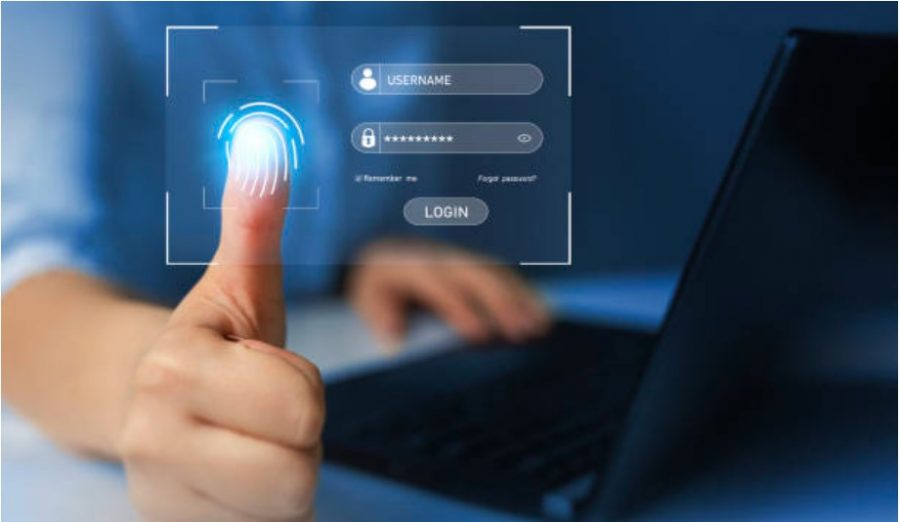KYC verification refers to the process of verifying the identity of your customers. It prevents money laundering and is the best way to authenticate customers. The purpose of KYC verification is to prevent financial crimes and engage in transactions that are legitimate and not involved in illegal activities.
What Information is Required to Identify Customers Using the KYC Verification Method?
Online Know Your Customer is an advanced technology that is used by businesses, organizations, or the financial sector to verify the customer’s identity. It utilizes specific and sensitive information to legitimize the identity of the customer in order to maintain the relationship between the business and the customer.
The system prevents money laundering and counter-terrorism financing efforts as well, which ensures the overall integrity and security of financial insecurities.
Full Name: The customer’s full name, along with their middle name is required to verify the customer.
Identify Documents: Important documents that are legal and government-issued will be utilized to confirm the identity.
Identify the Address: The location and the address need to be verified to see if it is authentic or not.
Tax and Utility Bills: Tax papers and utility bills are needed to verify the financial status.
Photograph: A recent photograph is needed to authenticate the customer by face for verification.
Risk Assessment: KYC verification reduces risk and deters any fraudulent activity.
Business Ownership: To verify business ownership, all the legal documents and information is required to verify that the company is not involved in any suspicious activity.
Nature of the Business Relationships: Business relationships matter when a company is taking any loan or doing financial transactions.
Additional Information: Depending on the verification process, additional information can be required according to the expert’s expertise.
Secure Transactions with the KYC Online Verification Process
The KYC verification process is a technique that is used to verify a customer’s identity and the authenticity of financial transactions or relationships between companies. This plays a pivotal role in detecting financial crimes and money laundering. The verification process not only safeguards businesses from potential risks but also boosts customer satisfaction. The seamless process emerges as a modern security system and prevents financial terrorism.
Monitoring Online Financial Transactions
Monitoring financial transactions is a vital practice in today’s digital economy. Advanced KYC verification services monitor online financial transactions and all financial activities to prevent money laundering and financial loss.
Continuous monitoring of financial transactions enables immediate action. This proactive approach not only strengthens trust among customers but also contributes to the overall resilience of the digital financial ecosystem.
Prevent Fraud with KYC Verification Process
Preventing fraud in today’s age is not a difficult task. With the KYC verified process, organizations and companies can easily detect fraud and identify the customer. It can easily detect criminal activity or spam if attempted. Through the validation of personal information and legal documents, KYC can verify and detect any theft activity. It requires that the transactions are done by the authentic customer. The KYC verification process is an ongoing battle against fraud that protects both businesses and users.
Benefits of KYC Verification System
KYC verification system offers various benefits that contribute to overall security and transparency in business relationships. Some of the benefits are:
Fraud Prevention: KYC prevents fraud and spam activity to minimize money laundering and other financial crimes and ensure trust between customers and the business.
Risk Mitigation: By assessing customers and verifying their identity, risk can be mitigated through continuous monitoring and auditing of the information they have provided.
Regulatory Compliance: KYC ensures compliance with anti-money laundering and counter-terrorism laws to avoid financial and reputational penalties and damages.
Enhanced Security: By verifying customer identities and authenticating transactions, KYC ensures security and protects the system from cyber threats.
Customer Trust: Implicit KYC is like a commitment, and it maintains the customer’s trust and the company’s reputation.
Transparency: KYC ensures that the financial and transaction histories are transparent and enables better tracking and reporting of financial activities.
Global Reach: KYC verification facilitates transactions and business relationships by aligning with international regulatory standards and building trust in global finance.
Market Reputation: KYC enables the market reputation of the company and builds trustworthy relationships between customers and the company.
Conclusion
KYC stands for Know Your Customer. It is the vast technology that makes the financial system better and more advanced, so that mitigating fraud becomes easiert. It verifies a customer’s identity by all the provided information or legal documents like utility bills, tax papers, and address information. Moreover, KYC ensures regulatory compliance and is responsible for detecting errors and criminal activity. It strengthens and enables trust between customers and the company.









